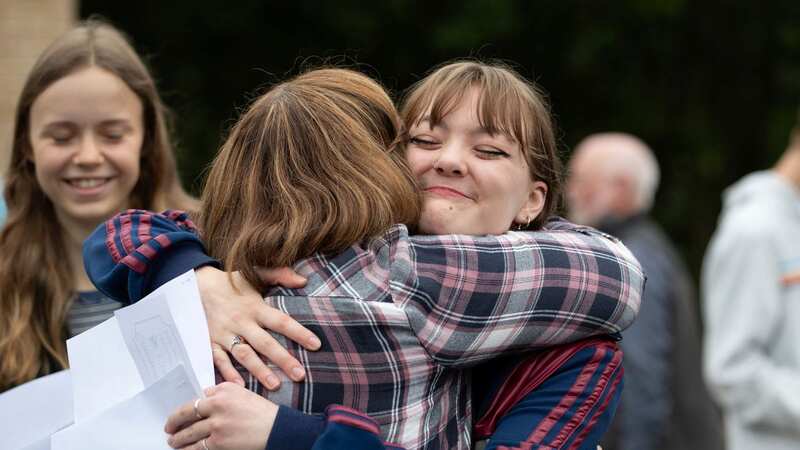'Levelling up impossible without fixing geographical inequalities in education'

Up and down the country today pupils have been collecting their GCSE results, and judging by the data the majority of them will have likely spent the day celebrating with friends and family. They should rightly be proud of their achievements in light of what they have faced in the last three years.
No doubt there will also be many who will be disappointed with their grades, not least the 39% of kids in England who fell short of a passing grade in maths, up from 35% last year, or the nearly 36% in English, up from 30% last year. Many now face resits in the coming school year in order to progress to their next steps.
Today’s data continues to show disparities in attainment between groups, particularly by region. There’s been an encouraging improvement in the North East compared to 2019, but it’s still the region with the lowest proportion of top grades, whilst London continues to accelerate ahead of the rest of the country.
 Carl Cullinane from the Sutton Trust said young people across the country must be given equal opportunities to succeed
Carl Cullinane from the Sutton Trust said young people across the country must be given equal opportunities to succeedThere are a range of factors which could be driving this, but chief among them has been differing levels of deprivation across the country. Our research has found that in state schools, the proportion of teachers reporting that at least a third of their pupils' families were struggling financially was highest in Yorkshire, the North East and the North West around 43%, compared to just 28% in the South West and 27% in the South East.
On top of this, disadvantaged young people in the most deprived parts of the country were impacted most by school closures, and have faced further disruption through the cost of living crisis. Addressing the impacts of poverty on education is likely to go a long way towards closing regional gaps. We urgently need a national strategy to close the attainment gap, which is at its highest levels in a decade.
 Nursery apologises after child with Down's syndrome ‘treated less favourably’
Nursery apologises after child with Down's syndrome ‘treated less favourably’
Investment in schools with the highest levels of long-term poverty is vital. Use of evidence-led interventions will also be key, including tutoring through the National Tutoring Programme, which needs to be refocused on narrowing the attainment gap and put on a long-term footing.
Levelling up is impossible without addressing the deep geographical inequalities in education, but it is of urgent importance if we are to give young people from all parts of the country a fair shake.
Carl Cullinane is Director of Research and Policy at the Sutton Trust
* Follow Mirror Politics on Snapchat, Tiktok, Twitter and Facebook.
Read more similar news:
Comments:
comments powered by Disqus

































